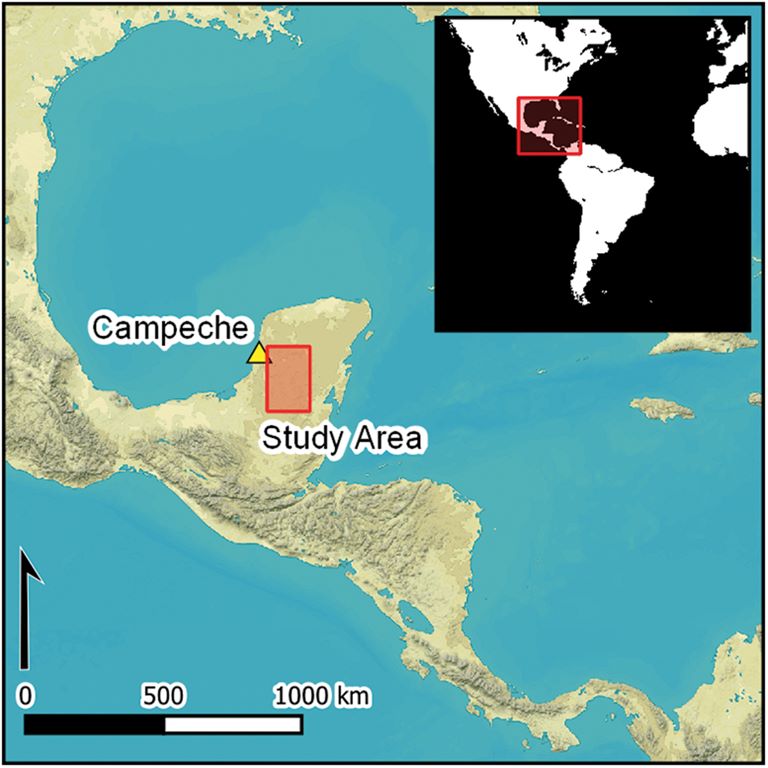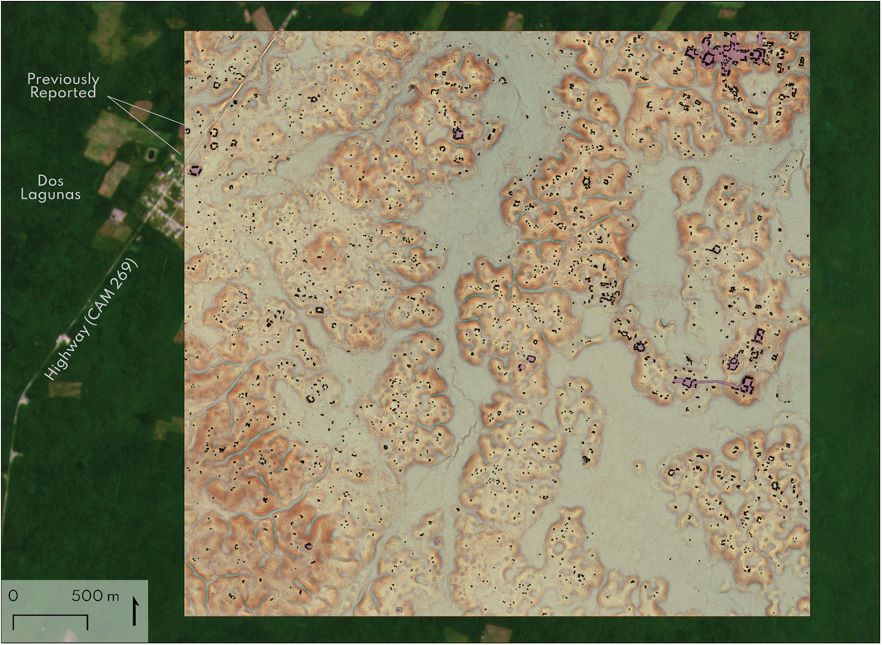U.S. researchers discover large Maya city in Mexican jungle
Researchers from Tulane University of Louisiana, the U.S., recently discovered vast Maya settlements in Mexico including a previously unknown city with stone pyramids.
Using laser-guided imaging to peer through dense jungle forests, they mapped more than 6,500 unexplored pre-Hispanic structures, getting a better understanding of the ancient civilization's extent and complexity and expanding knowledge about the true extent of the Maya civilization.
The findings are part of a new study, published in the journal Antiquity in late October.

The research was led by anthropology doctoral student Luke Auld-Thomas and his advisor, Professor Marcello A.
Canuto.
"Our analysis not only revealed a picture of a region that was dense with settlements, but it also revealed a lot of variability," Auld-Thomas was quoted as saying in a press release.
The team used Lidar, a laser-based detection system, to survey 50 square miles of land in south-eastern regions of Mexico, an area largely overlooked by archaeologists in the past. This technology uses laser pulses to measure distances and create three-dimensional models of specific areas.
It has allowed scientists to scan large swaths of land from the comfort of a computer lab, uncovering anomalies in the landscape that often prove to be pyramids, family houses and other examples of Maya infrastructure.

"We didn't just find rural areas and smaller settlements. We also found a large city with pyramids right next to the area's only highway, near a town where people have been actively farming among the ruins for years,” he continued.
Tulane's Middle American Research Institute (MARI) has been at the forefront of Lidar technology in archaeology, with a cutting-edge Geographic Information Systems (GIS) that helps researchers create detailed 3D models of the terrain. Neither the government nor the scientific community knew about the city, which is called Valeriana, according to Auld-Thomas.
***
NewsCafe relies in its reporting on research papers that need to be cracked down to average understanding. Some even need to be paid for. Help us pay for science reports to get more interesting stories. Use PayPal: office[at]rudeana.com or paypal.me/newscafeeu.







![[video] Aerospace startup proposes sled launch system to push planes into space](/news_img/2024/11/15/news0_mediu.jpg)